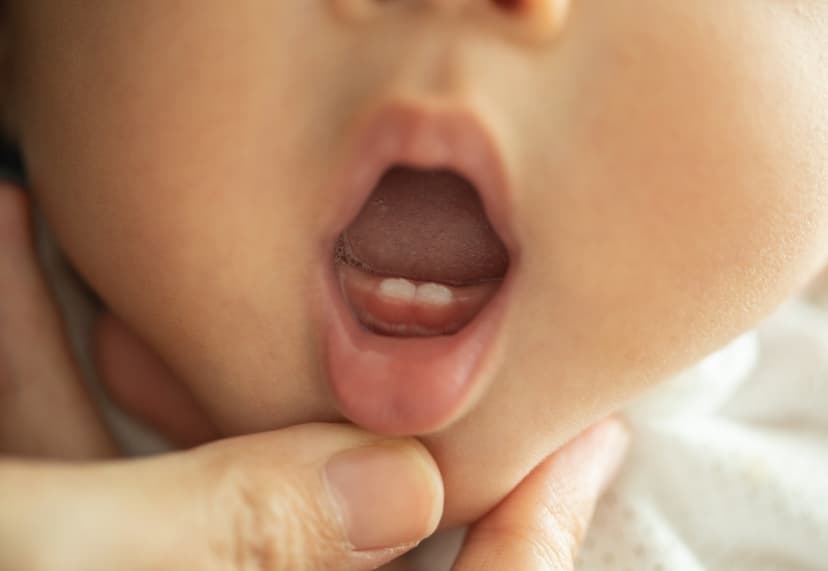Home / Health / Stressed Moms' Babies Sprout Teeth Faster, Study Finds
Stressed Moms' Babies Sprout Teeth Faster, Study Finds
18 Nov, 2025
Summary
- Infants born to mothers with higher cortisol levels develop first teeth earlier
- Maternal stress may subtly accelerate biological aging in babies
- Babies of high-cortisol moms had 4 more teeth by 6 months than low-cortisol moms

According to a study published on November 1, 2025, in Frontiers in Oral Health, a mother's higher levels of the stress hormone cortisol during late pregnancy are associated with the earlier eruption of primary teeth in her infant. Researchers from the University of Rochester in New York State followed 142 women from disadvantaged backgrounds, collecting saliva samples during the later stages of pregnancy to measure cortisol and other hormone concentrations.
The team found that by 6 months of age, babies of mothers with the highest cortisol levels had, on average, 4 more erupted teeth than those of mothers with the lowest cortisol levels. The researchers believe cortisol may affect fetal growth and mineral metabolism, key processes that shape bone and tooth formation. While the study also found minor links between other hormones and faster teething, cortisol emerged as the clearest factor.
The findings add to growing evidence that prenatal stress can alter a child's developmental timeline in measurable ways. "High maternal cortisol during late pregnancy may alter fetal growth and mineral metabolism, including the regulation of levels of calcium and vitamin D -- both essential for mineralization of bone and teeth," said lead author Dr. Ying Meng, an associate professor at the University of Rochester's School of Nursing.




